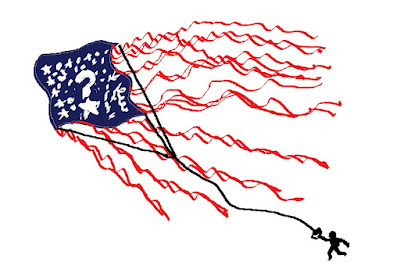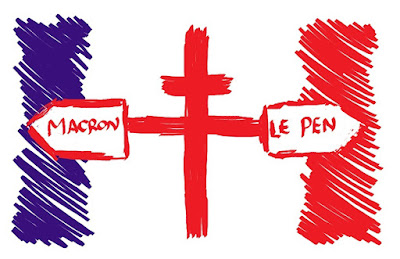US President Joe Biden claimed on camera that “America” can be defined with a single word, before mumbling unintelligibly.
There is, of course, the fact that nothing can actually be defined with a single word, because successfully giving another word merely amounts to providing a synonym rather than a definition. Despite that, Biden was in some ways revealing a truth when he mumbled unintelligibly as a way of describing what America represents.
Biden may have meant to say freedom or constitutionality, or some special word combining both to present some firm principle the nation stands for, but America stands for no principles, so such content might as well have been garbled.
Why stand for principles, when there is power?
America is currently standing for something unintelligible and apparently garbled, as it represents no firm principles on any issue whatsoever. Principles are simply the enemies of power, and America loves power.
The willingness to stand for nothing would not normally be a problem for a national government, which is simply the governing authority over a piece of terrain. However, it is a problem for the United States, which keeps trying to declare that it stands for some principle or another, before promptly stepping on that principle like a rake and being accused of hypocrisy, because it loves power.
Hypocrisy in American rule is most obvious in international affairs, where the US does whatever augments its power (from coups to invasions) and confusingly describes it as somehow an advancement of “freedom” while decrying similar excesses by anyone else.
The best example of the US failing to represent anything may be in the fallout over the events of January 6, 2021. In those events, one side represented freedom and the other side represented the lawful authority, and yet both ended up encapsulating the contradiction inherent to any ruling regime that declares freedom its central value.
A demented ideology
The United States doesn’t just have a demented leader. The idea of these two cohabiting values of liberty and regime loyalty is a demented one in the first place, and the source of every political argument in the United States from the moment it was created in resistance to British rule, to the Civil War, to the January 6 events, to the current noxious political movements in America.
The US is only capable of presenting a demented, paradoxical vision that sows the seeds of crisis and civil war at home and abroad, making its international influence fundamentally destabilising. Rather than being a clever plot, the destruction wrought by US involvement overseas is actually just the result of the country's own incompetence and confusion, born of the contradiction of trying to have a liberal-authoritarian ideology.
The American empire is the creator of its own problems. It is inherently unstable and continuously sabotaged by itself, despite innumerable chances at world domination, because its current regime is based on a bizarre paradox of liberal rhetoric and authoritarian power, meaning it can produce no stable order or even be properly understood by its own supporters.
Far from being exceptional, America is just another country that will come and go, an accident born of accidents, with no sensible inscribed principles that ever made it superior to anyone.















